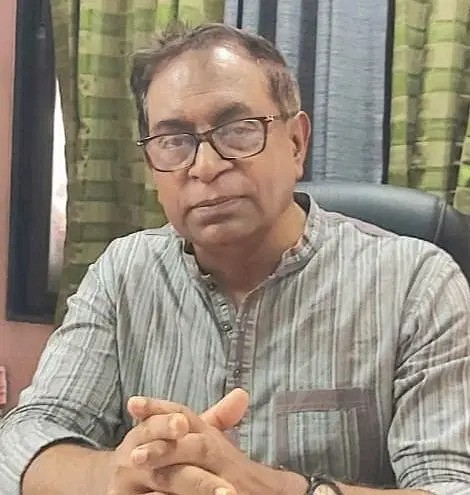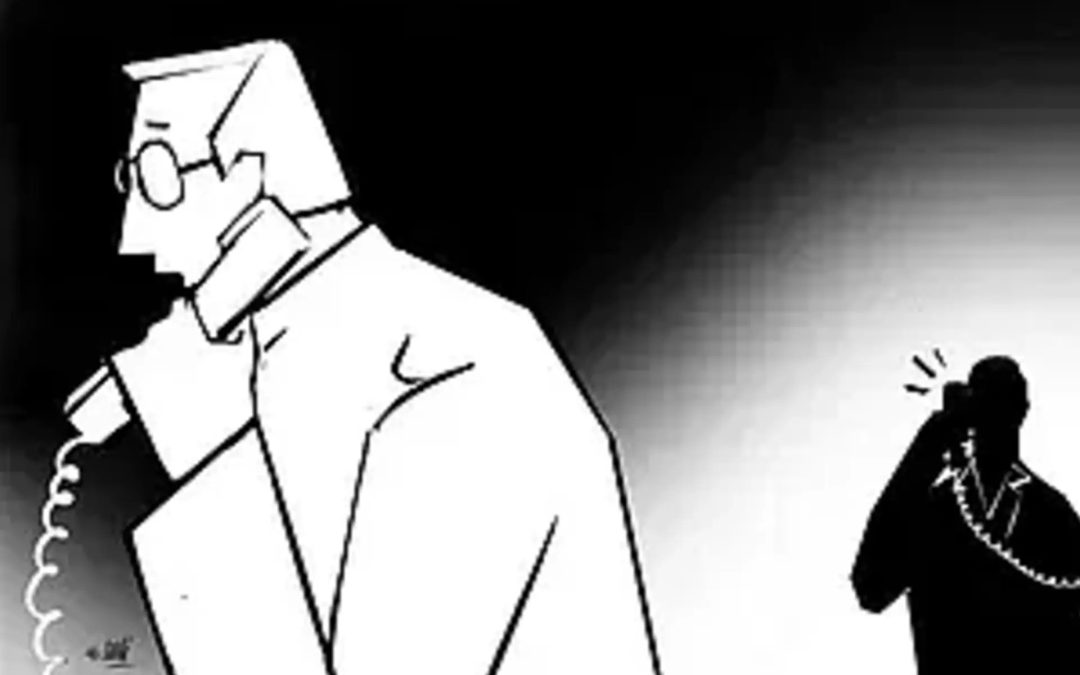The government’s recent decision to introduce a “legal wiretapping system” has sparked major controversy.
Saiful Haque, the General Secretary of the Revolutionary Workers Party, criticized the move, calling it a type of state-approved cybercrime.
He argued that this decision could lead to serious violations of personal privacy.
In a statement to reporters on Friday, Haque said, “No modern democracy should allow the government to legalize actions that invade the personal privacy of its citizens. This wiretapping plan seems aimed at controlling political opposition.”
His comments came after Home Minister Asaduzzaman Khan presented the plan during a parliamentary session on Thursday.

Saiful Haque, Revolutionary Workers Party
The Home Minister explained that the new system would use advanced technologies to ensure national security.
Tools like Open Source Intelligence Technology (OSINT) and an Integrated Lawful Interception System are now part of the National Telecommunication Monitoring Center (NTMC).
Khan said these measures are meant to stop “anti-state” and “anti-government” activities spreading through social media and online platforms.
Haque countered this explanation, saying the government is confusing criticism of the government with actions against the state.
He made it clear that opposing the state and the government are two distinct movements.
The government is seeking to justify its intensive surveillance of dissidents by combining them.
This threatens our constitutionally guaranteed democratic rights.
Claims of Unauthorized Practices
Haque accused the government of previously using Israeli technology for illegal surveillance.
He said that large sums of public money have funded these activities, which the government is now trying to legalize.
“This is a way to make oppressive practices seem legitimate,” Haque explained.
He also pointed out that democratic countries around the world have rules to handle cybersecurity and surveillance.
According to Haque, there exist global standards for fighting cybercrime and ensuring national security without invading individuals’ privacy.
In certain cases, wiretapping may be legal, but only under specified conditions.
Unrestricted surveillance is unpleasant.
Privacy and Democracy at Risk
Haque’s criticism reflects broader concerns about the government’s new initiative.
Many fear it could be used to abuse power and silence dissent.
Critics believe the move violates basic constitutional rights, including privacy and freedom of expression.
The political situation in Bangladesh as of January 2023 is tense.
The government has faced accusations of election misconduct, limiting free speech, and cracking down on opposition.
The wiring plan has added fuel to these debates, raising questions about how to balance security with personal freedoms.
While Home Minister Khan insists the plan is essential for national security, opponents like Haque warn it could turn Bangladesh into a surveillance state.
They argue this would undermine the democratic principles the country was built on.
The coming months are expected to bring intense discussions as citizens, lawmakers, and activists weigh the consequences of this controversial policy.

